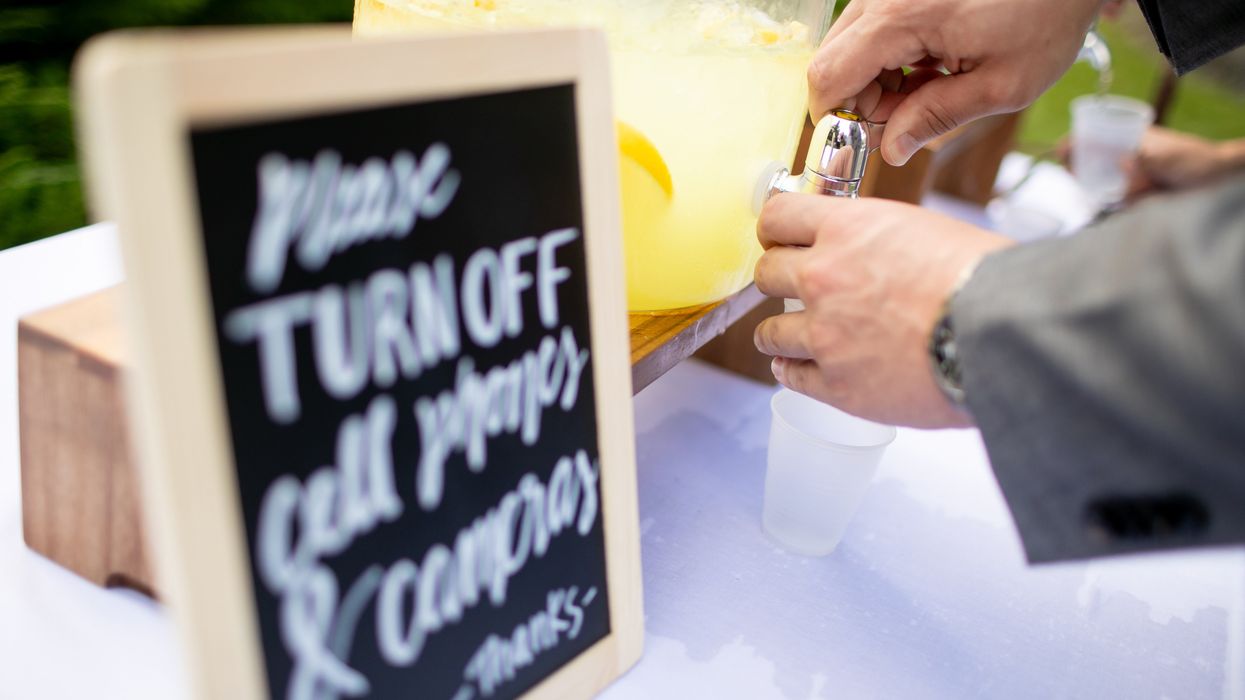Frazier is an assistant professor at the Crump College of Law at St. Thomas University. Starting this summer, he will serve as a Tarbell fellow.
Imagine a professor from Miami getting into the back seat for a ride to the Kansas City airport. The professor plans to spend the time staring at his phone. The driver has other ideas. Just as the professor enters his first Wordle guess, the driver asks, “Do you think Abe Lincoln would have been a successful politician if he was born today?”
Wordle will have to wait.
For the next 15 minutes, Joe and I discuss the polarization that’s paused political progress, the threats to their respective professions posed by artificial intelligence and, of course, whether the Chiefs will win their next game.
Upon reaching the airport, the driver discloses that passengers are often surprised by his intellect. One person even blurted, “I think you’re too smart to shuttle folks to the airport.” Joe claimed that he took it as a compliment, but I’m fairly certain it was the sort of compliment that causes equal amounts of pain and pleasure.
Admittedly, I, too, wasn’t expecting a thoughtful conversation with anyone at 3:30 am. At the start of the drive, Joe was “just” a driver; by the end of it, we were co-conspirators in an effort to revive thoughtful conversations about complex topics.
What’s the point of this story? A lot of Americans are being underestimated. And those inaccurate judgments are fueling divides that don’t have to exist. In other words, our division is often a self-fulfilling prophecy. When we fail to give people the time, space and attention to share their two cents, our democratic potential takes a nosedive.
We need cultural shifts to preserve our potential to collectively solve problems. Even the best regulations and laws will not resolve our most pressing problems if we refuse to engage with one another and to recognize the value of every member of our democratic community, regardless of profession, political leanings or background.
Everyday institutions can voluntarily bring about cultural changes. One easy shift is making more spaces phone-free — you’ve probably encountered a cafe or two with such rules. They are havens from distraction and homes of dialogue. Patrons, freed from screens, can focus their attention on the things that really matter — namely, other people. There’s no law preventing other small businesses from adopting similar rules — restaurants can put bins at the end of tables for folks to set aside their phones for the duration of their meal. Businesses could not only give people a lunch but subsidize it if they take it with a new coworker. I’m sure you’ve got a few ideas yourself — send them to me, tell a friend or pass them on to your supervisor.
There’s no shortcut to changing culture. It’s an incremental process that requires a lot of single acts of trading individual convenience for the good of the collective. With another election nearing, though, we’re running out of time to start paying a little more attention to the humanity within all of us. By lending our focus to the problems and people right in front of us, we might rediscover just how connected we are in this bold democratic endeavor.
We can and must give people the chance to surprise us. Joe the driver sure surprised me. I’m sure others will do the same. Wordle can still wait.




















Trump & Hegseth gave Mark Kelly a huge 2028 gift